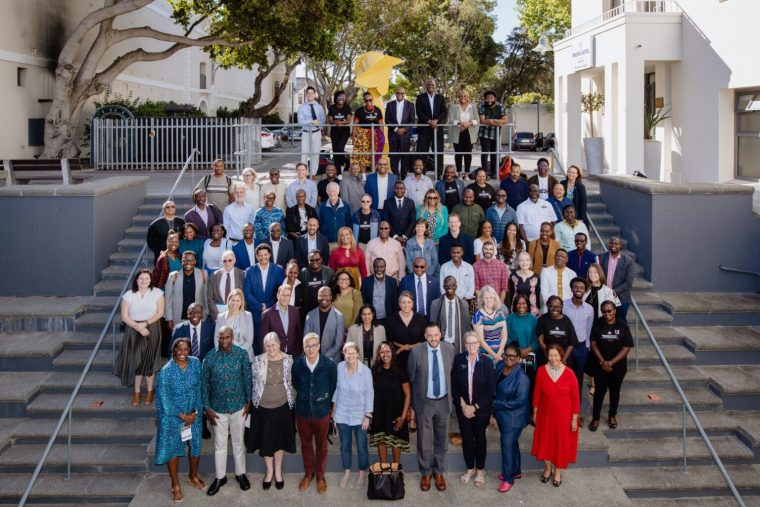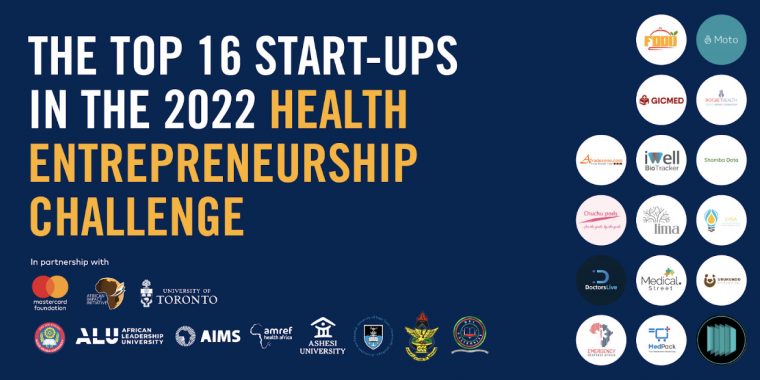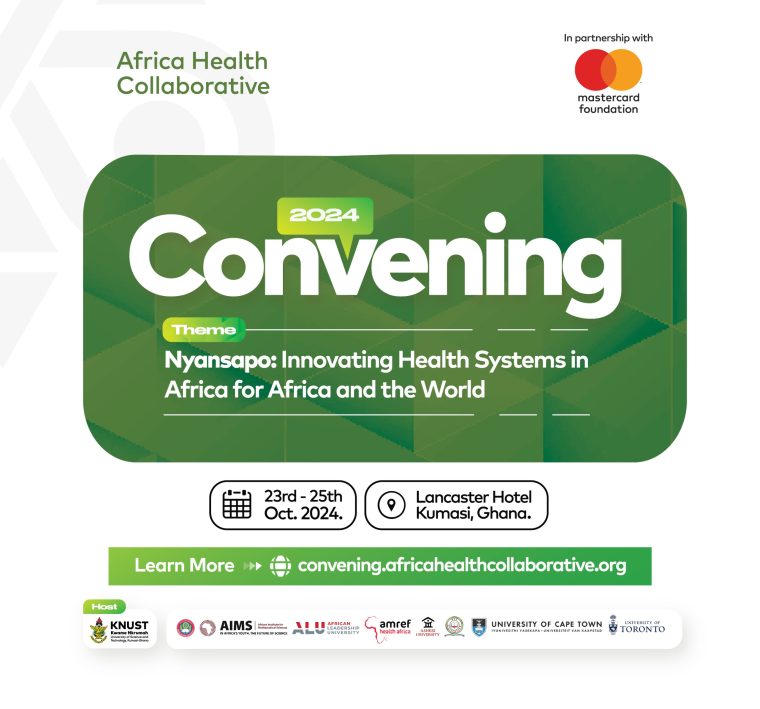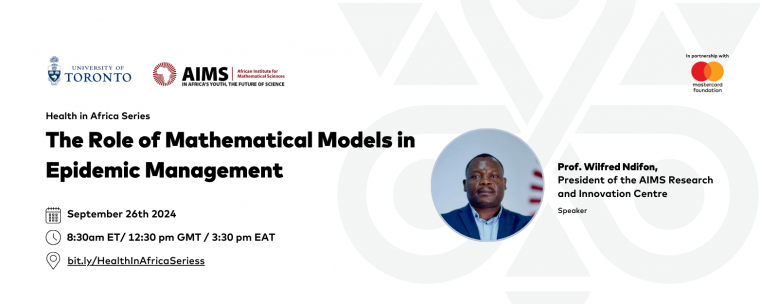Sixteen innovative healthcare start-ups have won their place in the African Impact Initiative’s Health Entrepreneurship Challenge 2022: a first-of-its kind program that seeks to advance early-stage entrepreneurs in Africa.
This pilot initiative of the African Impact Challenge (AIC), in partnership with the Mastercard Foundation, is supported in collaboration with three University of Toronto accelerators—”The BRIDGE”, Health Innovation Hub (H2i), and ICUBE—as well as programming support from expert African investors, founders and mentors. Ashesi University and the African Leadership University are also playing a key role on the continent as institutional partners. Modeled from experiences with African-based accelerators that The BRIDGE and AIC supported in 2020-21, the program attracted more than 227 startup applications from over 500 founders, including early-stage entrepreneurs at collaborating network institutions in 20 African countries.
Among 148 teams engaged in pre-incubation training, the top 30 were determined by a selection committee composed of representatives from each partner. Sixteen start-ups comprising 42 founders came out as winners, each receiving stage-based venture funding (up to $25,000 CAD per team), plus an additional $20,000 CAD per team to cover the cost of travel and accommodation. Of the winning start-ups, which are based in eight different African countries, 80 per cent include female founders. All teams are currently engaged in an incubation phase that offers comprehensive entrepreneurship training, coaching, and mentorship. Then in 2023, teams will have the opportunity to spend three months in Toronto expanding their entrepreneurship network.
The program’s incubation phase culminates with a Hybrid Investor Pitch Day on Friday, December 2, 2022 at 9:00am (ET). Attendees and investors will help provide feedback and vote for winners of additional grant funding ($30,000 CAD) for deserving teams. Please register here to join the event either virtually or in person.
THE TOP 16 START-UPS
Atradezone – Rwanda: Leveraging blockchain technology with Artificial Intelligence (AI) capabilities that help health manufacturers produce on demand, create distribution channels, advance digital marketing, manage their sales, and accept online payments while promoting cross-border trade.
ChuChu pads – Ghana: Specializing in producing and distributing reusable sanitary pads that are inexpensive, widely available, and environmentally beneficial.
DoctorsLive – Kenya: Providing personalized and on-demand digital mental health care targeted to individuals’ specific needs.
Emergency Response Africa – Nigeria: Building the largest network of first responders, emergency vehicles, and hospitals that can connect anyone experiencing a medical emergency to get help in minutes.
Food Bundles – Rwanda: Building a digital solution to optimize the distribution of fresh organic produce at affordable prices by linking smallholder farmers to consumers in cities.
GIC Space – Cameroon: Designing, developing, and promoting cost-effective and cutting-edge medical technology solutions, adapted to the African context, to address health challenges in Sub-Saharan Africa.
iWell Bio Tracker – Uganda: Developing a wearable watch that accurately measure body vitals (including partial saturation of oxygen, temperature, physical activity, pulse rate, and blood pressure) in real time with the remote monitoring of a physician.
Lima Technologies – Rwanda: Building an integrated software system that links smallholder farmers with their target markets.
Medical Street International Co. Ltd – Uganda: Building a digital-based marketplace and procurement platform that enables healthcare providers to find and deliver medical supplies to their workstations across Uganda.
MedPack – Tanzania: Digitizing pharmacy services, delivering medication and other pharmaceutical items, and educating the public on the proper use of medicine.
Moto – Mauritius: Building a life-saving transportation option incorporating an ambulance-backed model into available and existing taxi services.
Rocket Health – Uganda: Leveraging telemedicine and an end-to-end digitally supported platform for prevention, diagnosis, care, and treatment for patients with chronic illnesses.
Shamba Data – Rwanda: Providing live data that helps companies to understand food security and availability, market integration, as well as import and export information in the African context.
Syna Consultancy – Kenya: Providing equitable and inclusive sanitation solutions by paying special attention to the needs of persons with mobility challenges.
Urukundo Initiative – Rwanda: Redefining comprehensive sexuality education and life skills education in Africa through an innovative award-winning product: Urukundo Life Skills Board Game, available both physically and digitally.
Vectorgram – Kenya/Mauritius: Building health-tech infrastructure products targeted at large-scale digitization of the healthcare process in Kenyan hospitals to increase the scale of reach, solution efficiency, and cost-effectiveness of service provision.
We would like to extend our sincere gratitude to our institutional partners in Africa and for their significant contributions to the African Impact Initiative’s Health Entrepreneurship Challenge 2022, and their continued support of future programs:
- Addis Ababa University
- African Institute for Mathematical Sciences (AIMS)
- African Leadership University
- Amref International University/Amref Health Africa
- Ashesi University
- Kwame Nkrumah University of Science and Technology
- Moi University
- University of Cape Town
* The University of Toronto, Mastercard Foundation, and the African Higher Education Health Collaborative aims to develop Africa’s next generation of leaders and entrepreneurs!
More News & Events
Skip scroller content
From Bedside to Big Data: A Nurse’s Transition to Health Informatics
In today’s rapidly evolving healthcare landscape, the intersection of clinical expertise and technological innovation is where the most significant impacts are made. My journey from nursing to health informatics is a testament to this shift—a journey that began with hands-on patient care and led me to the forefront of digital health solutions. This transition wasn’t […]
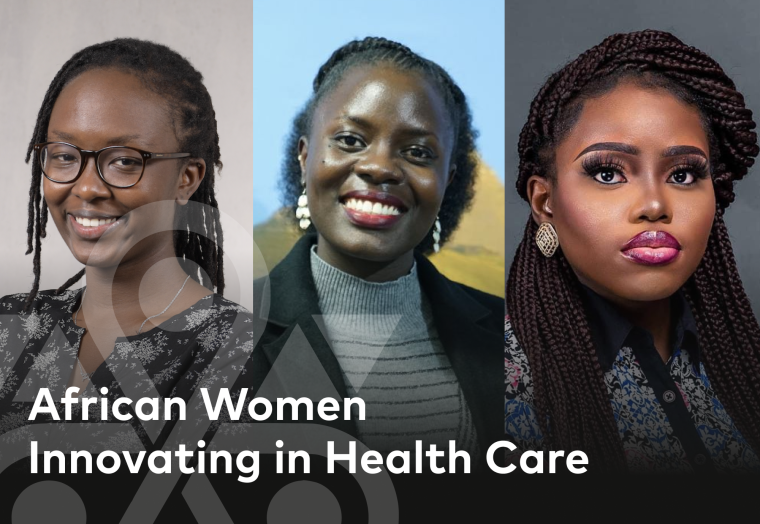
African Women Innovating in Health Care
This year, FemSTEM Africa engaged over 200 health innovators and enthusiasts through a series of events, concluding in a pitch competition and interactions with seasoned entrepreneurs. The five-part event series was organized by the University of Toronto’s Health Innovation Hub (H2i) in partnership with Social Enterprise (SE) Ghana, Sustineri Attorneys, supported by funding from the […]
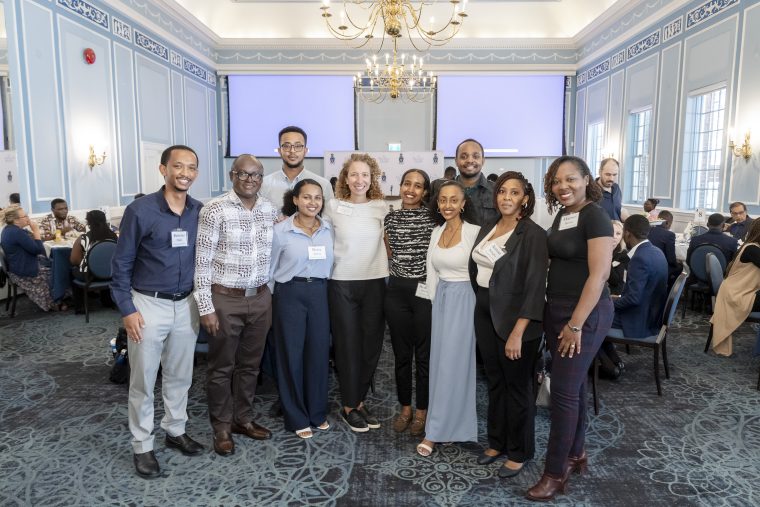
Apply for the Mastercard Foundation Doctor of Public Health Scholarship
How to Apply: Step One Prospective applicants must first consult the admission requirements for the Doctor of Public Health (DrPH) program of study. The link above will guide you in exploring this program. If you meet the academic requirements of this program, please follow through to step two. Step Two Review the recording of the […]
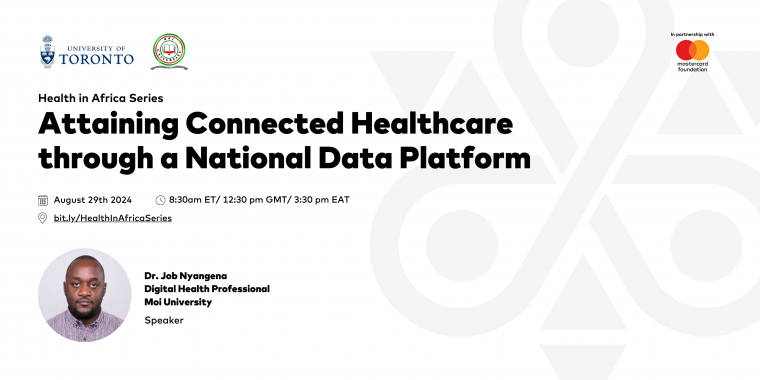
Attaining Connected Healthcare through a National Data Platform
About the Speaker (Dr. Job Nyangena): Dr. Job Nyangena is a medical doctor and seasoned digital health professional with a distinguished career spanning over a decade. Combining a strong foundation in medicine with a deep understanding of technology, Dr. Nyangena has been instrumental in shaping the digital health landscape both in Kenya and internationally. With […]
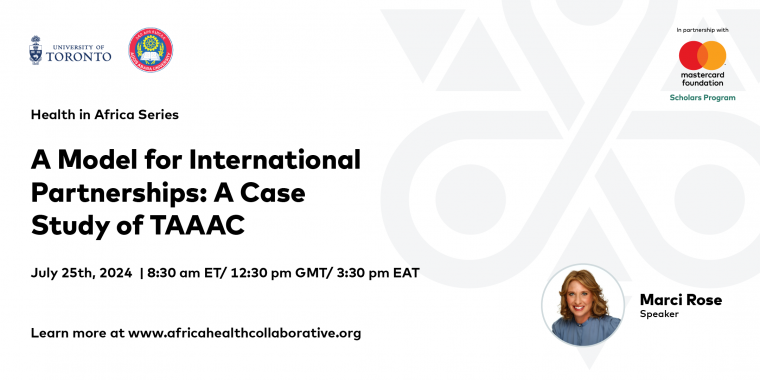
A Model for International Partnerships: A Case Study of TAAAC
The University of Toronto and Addis Ababa University are pleased to invite you to the next episode of the Health in Africa series discussing A Model for International Partnerships.
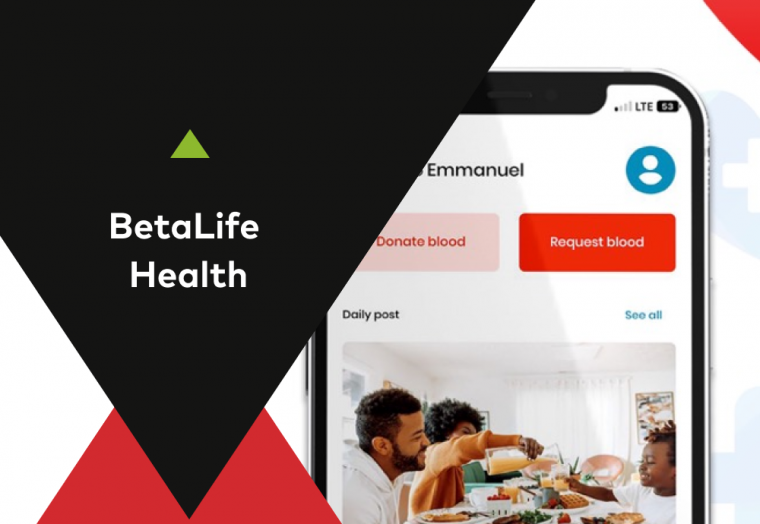
Venture Spotlight: BetaLife Health
BetaLife Health uses artificial intelligence (AI) to revolutionize blood supply management across Africa. Their platform uses predictive analytics to optimize blood inventory levels, distribution logistics and donor engagement, thereby improving the timeliness and availability of blood for transfusions.
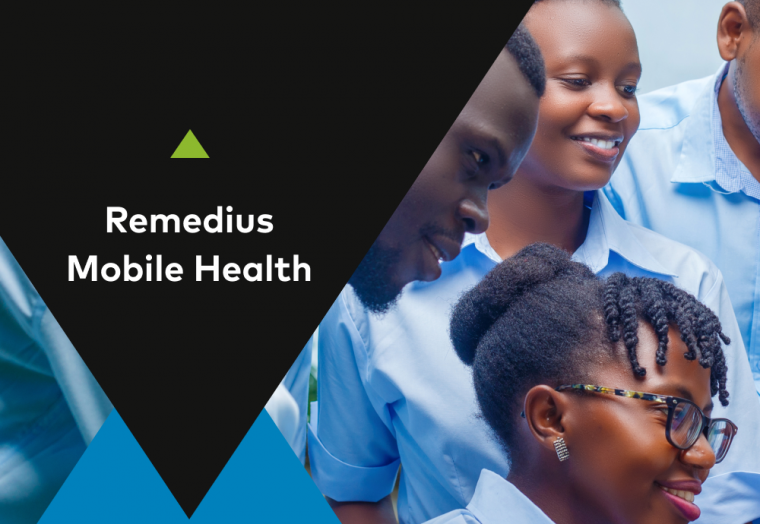
Venture Spotlight: Remedius Mobile Health
Remedius Mobile Health aims to combat the identified problems by leveraging telemedicine through the Remedius Live platform. They seek to provide fast virtual appointment scheduling with doctors and specialists at affordable rates of about five dollars and provide comprehensive care to chronically ill patients. This is executed through an integral network of facilities that provide physical care to these patients if need arises.
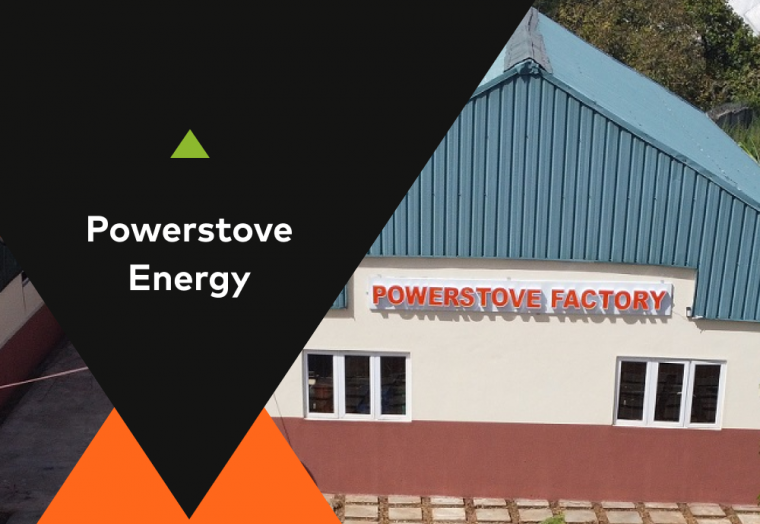
Venture Spotlight: Powerstove Energy
Powerstove designs and manufactures smart smoke-free cookstoves that also self-generate electricity for users to charge their mobile phones and power home appliances using proprietary renewable bio-pellets as fuel. These sustainable, mosquito repellent bio-pellets are produced from post-harvest crops and wood waste.
